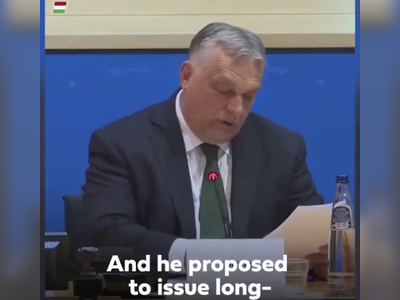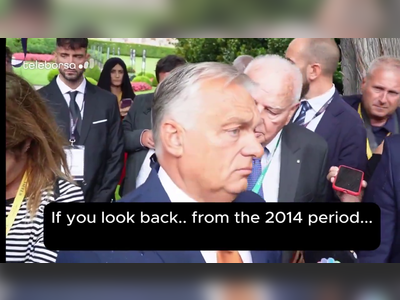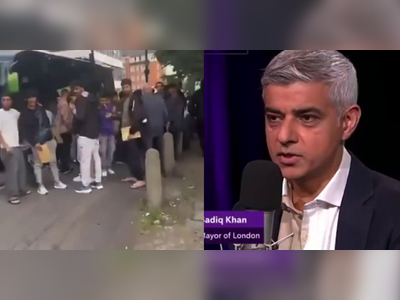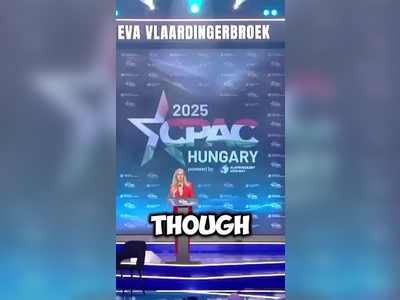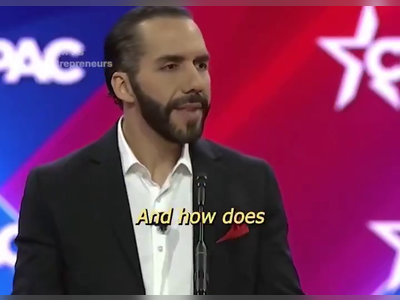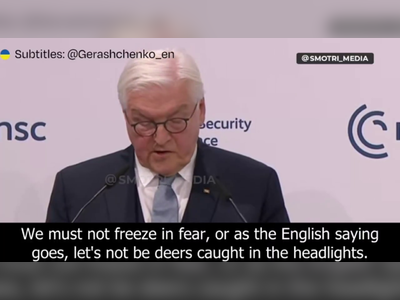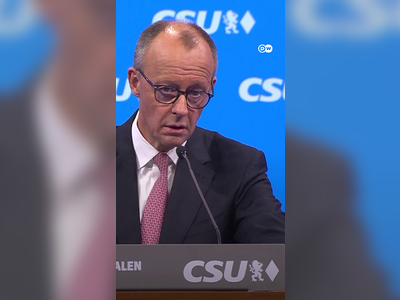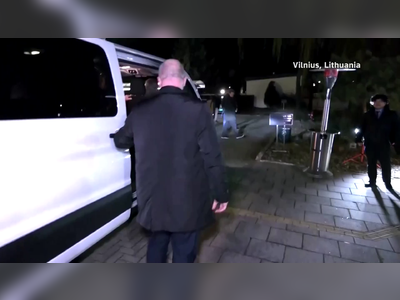The Historical Context of Germany's 'Zero Hour' Post-Nazi Era
An exploration of the transition from totalitarianism to democracy in Germany after World War II.
The term 'Zero Hour' is often referenced in discussions about Germany's post-World War II landscape, denoting the moment of renewal and transformation following the collapse of the Nazi regime in 1945. This period is marked by both significant challenges and pivotal changes as Germany grappled with its identity and governance in the aftermath of a totalitarian rule.
Following the defeat of Nazi Germany, the country was occupied by Allied forces and subsequently divided into East and West Germany in 1949. This division was a complex outcome of geopolitical tensions, primarily between the United States and the Soviet Union, marking the beginning of the Cold War.
The Western Allies promoted democratic institutions and rebuilt West Germany under the auspices of the Marshall Plan, while East Germany was established as a socialist state under Soviet influence.
In the West, the process of denazification attempted to eradicate Nazi ideology from public life.
This involved the prosecution of war criminals and the removal of former Nazi officials from positions of power.
A new constitution, adopted in 1949, laid the groundwork for the Federal Republic of Germany (FRG), promoting democratic principles, human rights, and the rule of law.
The Frankfurt School, a group of intellectuals, contributed to the discourse on democracy in post-war Germany, emphasizing critical theory as a vehicle for societal change.
They highlighted the importance of education and cultural renewal in transforming national identity.
Conversely, in East Germany, the Socialist Unity Party established a one-party system, suppressing dissent and maintaining control through state security services.
Despite the repressive regime, there were efforts to promote a distinct German identity separate from the West, with state-sponsored arts and education reflecting socialist ideologies.
As the years progressed, both German states evolved in their respective political and cultural landscapes.
The fall of the Berlin Wall in 1989 marked a significant turning point, leading to the reunification of Germany in 1990. This monumental event was followed by the integration of East Germany's institutions into the framework of the FRG, fostering a complicated but transformative process of reconciliation and identity formation.
Scholars continue to debate the effectiveness and authenticity of the transition from Nazi governance to democratic rule.
While significant strides were made towards establishing a democratic society, questions about the enduring legacies of the Nazi era persist, influencing contemporary German politics and society.
The narrative of 'Zero Hour' thus embodies a complex journey of reformation that still resonates in modern Germany.
Following the defeat of Nazi Germany, the country was occupied by Allied forces and subsequently divided into East and West Germany in 1949. This division was a complex outcome of geopolitical tensions, primarily between the United States and the Soviet Union, marking the beginning of the Cold War.
The Western Allies promoted democratic institutions and rebuilt West Germany under the auspices of the Marshall Plan, while East Germany was established as a socialist state under Soviet influence.
In the West, the process of denazification attempted to eradicate Nazi ideology from public life.
This involved the prosecution of war criminals and the removal of former Nazi officials from positions of power.
A new constitution, adopted in 1949, laid the groundwork for the Federal Republic of Germany (FRG), promoting democratic principles, human rights, and the rule of law.
The Frankfurt School, a group of intellectuals, contributed to the discourse on democracy in post-war Germany, emphasizing critical theory as a vehicle for societal change.
They highlighted the importance of education and cultural renewal in transforming national identity.
Conversely, in East Germany, the Socialist Unity Party established a one-party system, suppressing dissent and maintaining control through state security services.
Despite the repressive regime, there were efforts to promote a distinct German identity separate from the West, with state-sponsored arts and education reflecting socialist ideologies.
As the years progressed, both German states evolved in their respective political and cultural landscapes.
The fall of the Berlin Wall in 1989 marked a significant turning point, leading to the reunification of Germany in 1990. This monumental event was followed by the integration of East Germany's institutions into the framework of the FRG, fostering a complicated but transformative process of reconciliation and identity formation.
Scholars continue to debate the effectiveness and authenticity of the transition from Nazi governance to democratic rule.
While significant strides were made towards establishing a democratic society, questions about the enduring legacies of the Nazi era persist, influencing contemporary German politics and society.
The narrative of 'Zero Hour' thus embodies a complex journey of reformation that still resonates in modern Germany.
AI Disclaimer: An advanced artificial intelligence (AI) system generated the content of this page on its own. This innovative technology conducts extensive research from a variety of reliable sources, performs rigorous fact-checking and verification, cleans up and balances biased or manipulated content, and presents a minimal factual summary that is just enough yet essential for you to function as an informed and educated citizen. Please keep in mind, however, that this system is an evolving technology, and as a result, the article may contain accidental inaccuracies or errors. We urge you to help us improve our site by reporting any inaccuracies you find using the "Contact Us" link at the bottom of this page. Your helpful feedback helps us improve our system and deliver more precise content. When you find an article of interest here, please look for the full and extensive coverage of this topic in traditional news sources, as they are written by professional journalists that we try to support, not replace. We appreciate your understanding and assistance.
